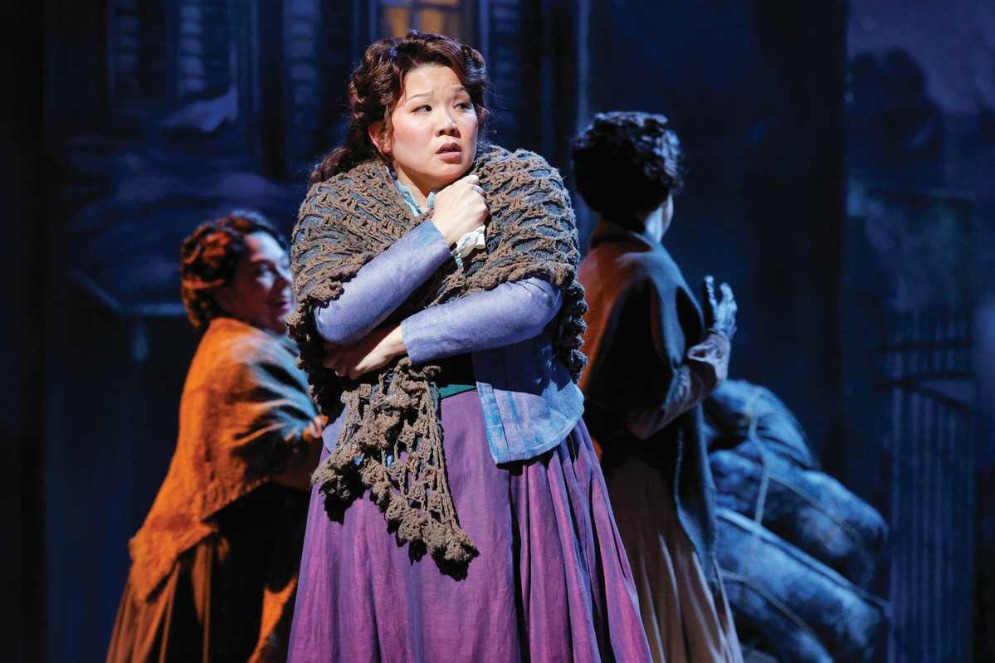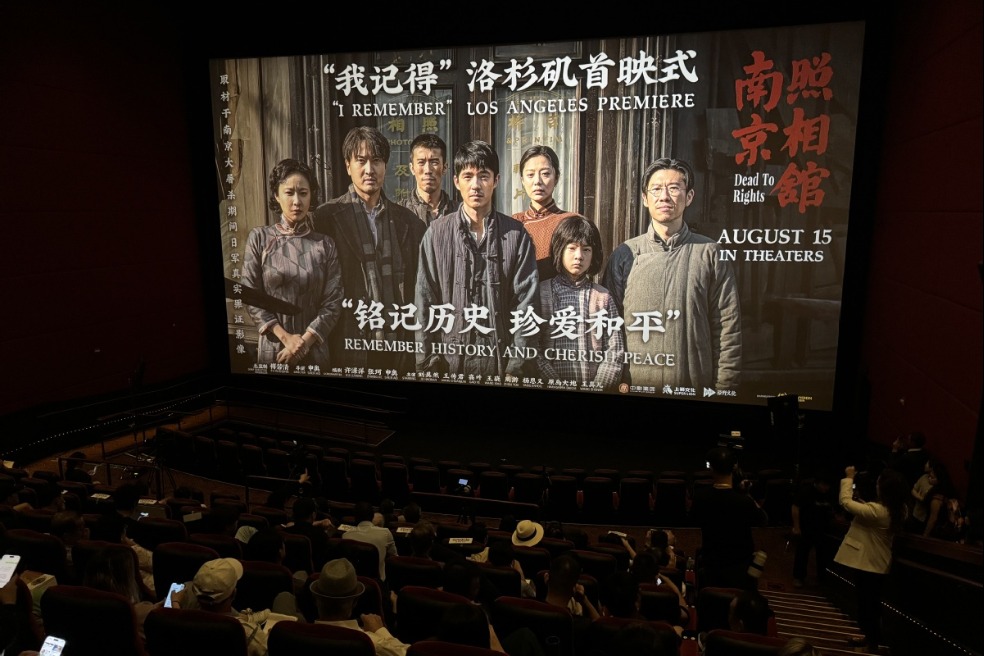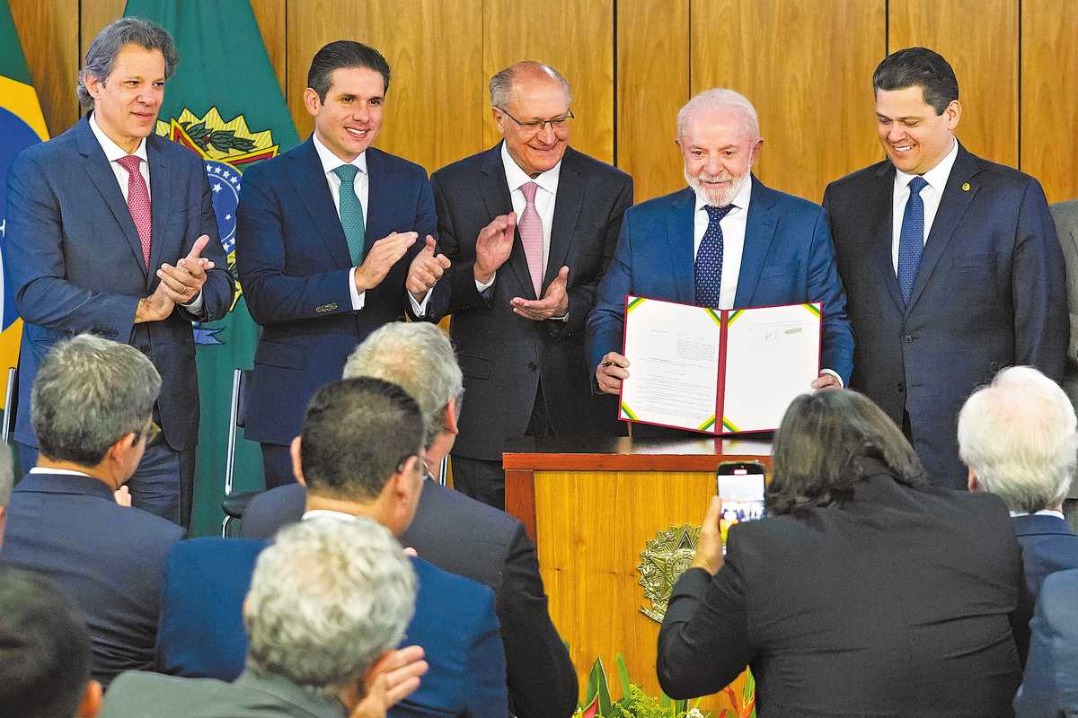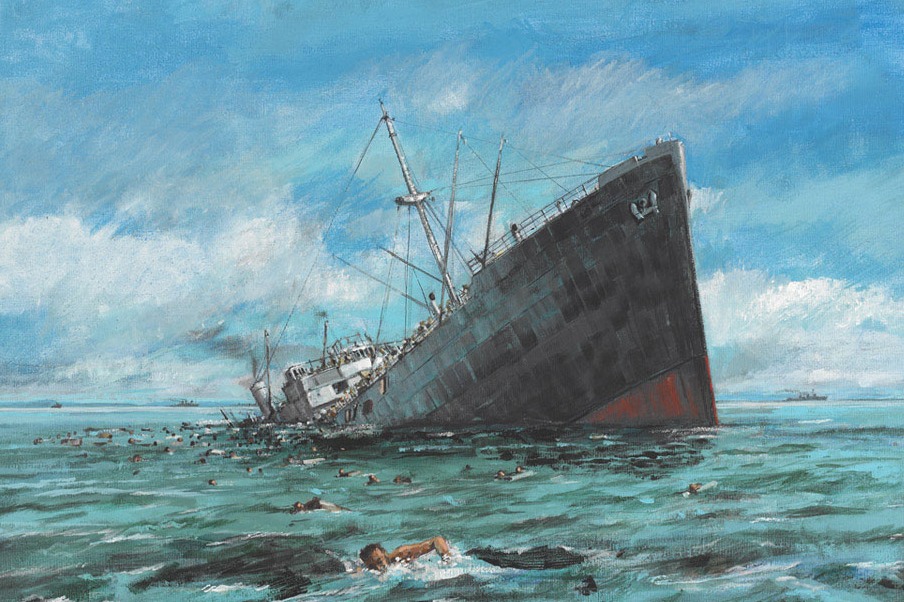At Democrats' debate, foreign policy in focus

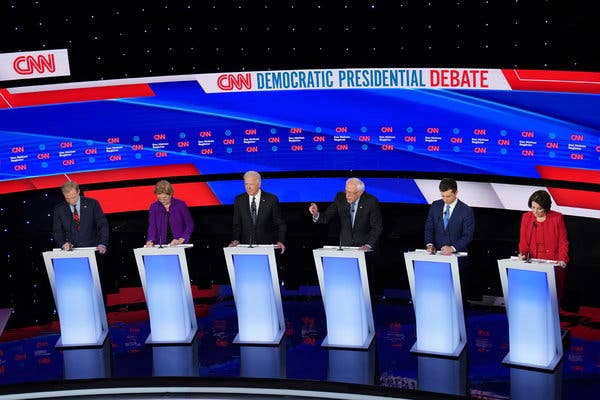
US military action in Middle East, past and present, moves to center stage in Iowa
The seventh 2020 Democratic presidential debate kicked off with blunt exchanges over US policy in the Middle East.
The candidates were asked individually why they were qualified to be commander in chief.
US Senator Bernie Sanders of Vermont brought up the 2003 Iraq War, saying he helped lead the effort against it.
"Worst foreign policy blunder in modern history of this country," Sanders said. "Trillions of dollars on that endless war.
"Joe (Biden) and I listened to what Dick Cheney and George Bush and (former Secretary of Defense Donald) Rumsfeld had to say," Sanders continued. "I thought they were lying. I didn't believe them for a moment. I took to the floor (of the House). I did everything I could to prevent that war. Joe saw it differently."
Former vice-president Joe Biden, who voted in 2002 to authorize military action in Iraq, said "it was a mistake to trust that they (the George W. Bush administration) weren't going to go to war. They said they were just going to get inspectors (to search for weapons of mass destruction). The world, in fact, voted to send inspectors in and they still went to war."
Biden said that when former president Barack Obama chose him as his running mate in 2008, he relied on him to draw down the US troop presence in Iraq.
Biden also criticized the Trump administration on its approach to Iran.
"We're in a situation where our allies in Europe are making a comparison between the United States and Iran, saying both ought to stand down, making a moral equivalence," he said. "We have lost our standing in the region."
US Senator Amy Klobuchar of Minnesota said "Donald Trump is taking us pell mell toward another war", in reference to the recent confrontation with Iran after the US killed Iranian Major General Qassem Soleimani in a drone strike at the Baghdad airport on Jan 3.
Iraq's parliament recently passed a nonbinding resolution calling for US troops to leave the country.
US Senator Elizabeth Warren of Massachusetts said "we need to get our combat troops out (of Iraq)".
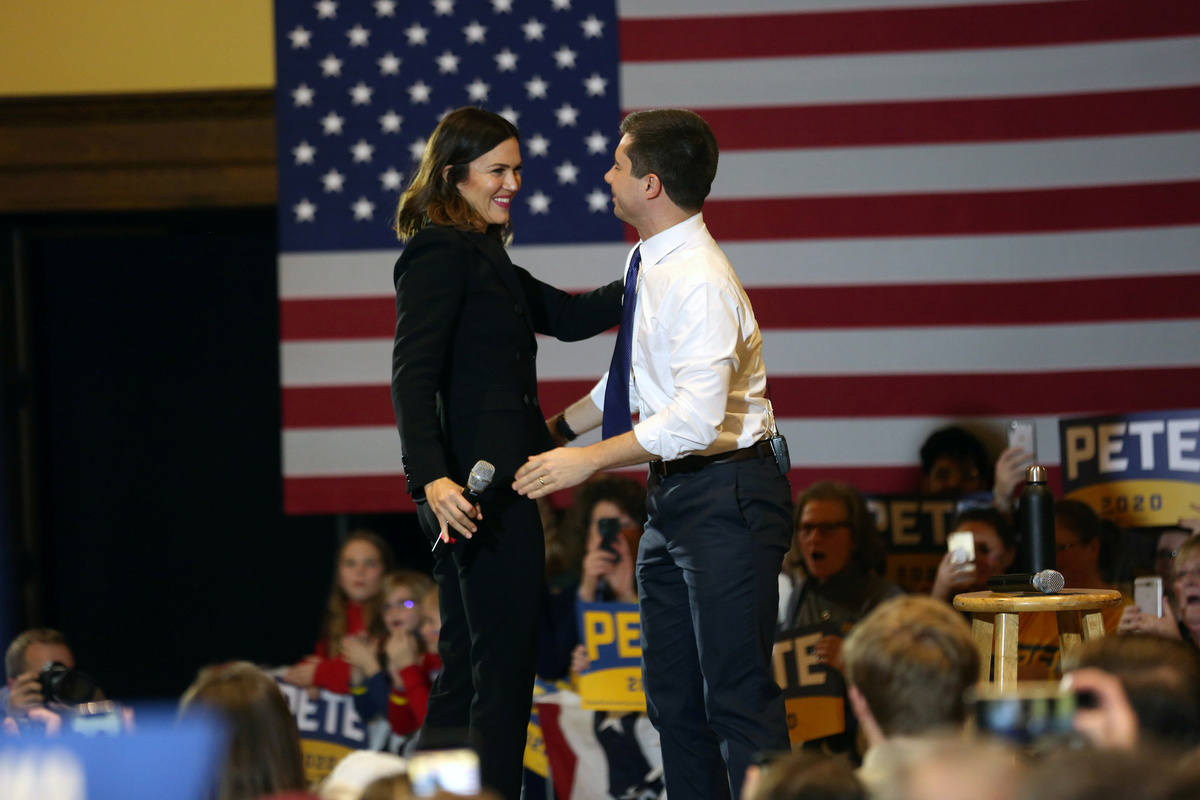
Former South Bend, Indiana mayor Pete Buttigieg, an ex-US naval officer who served in Afghanistan, said: "The president's actually sending more (troops)."
Biden was cautious about pulling all US forces out of Iraq because of the threat of terrorism in the region: "There's no way you negotiate with terrorists. They're going to come to us. They've come to us before, and they're going to come to us again."
Buttigieg said that if US troops can summon the courage to fight, Congress needs to do the same to prevent military action without congressional approval.
Of the nearly two-decade long US military presence in Afghanistan, Warren said she's listened to "one general after another who says we've just turned the corner. … We've turned the corner so many times we're going in circles. … Time to get our combat troops home."
Buttigieg said that the Trump administration "by gutting the (2015) Iran nuclear deal … they have made the region more dangerous".
Billionaire environmentalist Tom Steyer favored economic sanctions on Iran as opposed to military ones, and said "the US needs to look beyond being the world's policeman".
Steyer also looked to switch the conversation to climate issues, referencing the devastating Australian bushfires.
Sanders gravitated to a key issue of his, saying "87 million people have no healthcare or are underinsured". He said there are "500,000 people sleeping out on the streets tonight. Rebuild the United Nations, rebuild the State Department, bring the world together to resolve international conflicts diplomatically."
One clash that was anticipated going in to the debate was Warren saying that in a one-on-one meeting with Sanders in 2018, he told her that a woman couldn't win the presidency.
"How could anybody in a million years not believe a woman could not become president," Sanders responded, pointing to Hillary Clinton's 3 million popular vote margin over Trump in the 2016 election.
"Women can win the nomination," Sanders said. "But I hope that's not the case … I hope it's me."
The debate at Drake University in Des Moines, Iowa, hosted by CNN, featured the smallest field yet as the qualifying criteria was more stringent.
Candidates needed to poll at 5 percent or higher in at least four national or early-state polls, or 7 percent or higher in two early-state polls. Another requirement was that candidates get 225,000 unique donors at least, which included 1,000 in at least 20 states.
Tuesday's was the last debate before the Feb 3 Iowa caucuses, the first opportunity to gauge how voters stand on the candidates.
The debate was moderated by a trio of journalists from CNN and The Des Moines Register. They were CNN anchor Wolf Blitzer, CNN political correspondent Abby Phillip and the Register's chief political correspondent, Brianne Pfannenstiel.

















